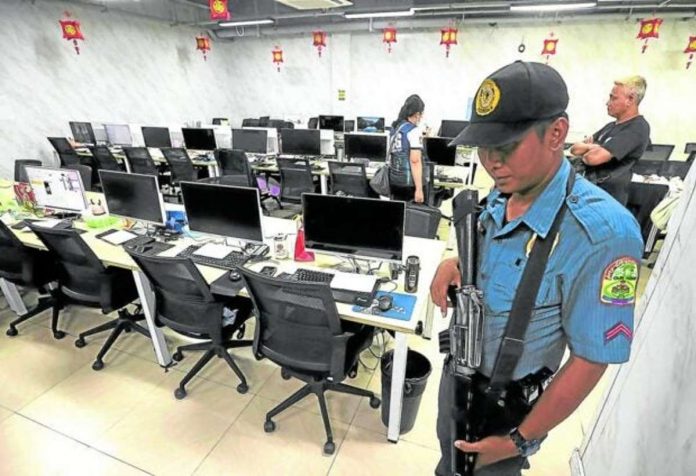
MANILA – Cybercrime cases, particularly online scams, have gotten worse recently and even exceeded the country’s problem with illegal drugs, according to the Presidential Anti-Organized Crime Commission (PAOCC).
“The problem with online scams is now worse than drugs. Even the record from the [Philippine National Police] reflects that online scams and cybercrimes have exceeded ordinary crime cases,” PAOCC executive director Gilbert Cruz told a press briefing in Camp Crame.
Data from the PNP Anti-Cybercrime Group (ACG) showed that from January to August this year alone, it had investigated 16,297 cases of cybercrime cases, which led to the arrests of 397 individuals and the rescue of 4,092 human trafficking victims.
Of these cybercrime cases, 57 percent, or 9,266 were online scams, or those cases punishable under Article 315 of the Revised Penal Code for swindling or estafa.
Among the most reported online crimes were online selling scams, call scams, investment scams, package scams, ATM fraud, employment scams and loan scams.
Higher earnings
“Online scammers earn more than those who sell illegal drugs. And the risk of these criminals getting arrested were lower than those who were into drug trafficking. It’s because online scammers are behind a fake identity and only need to operate online, which makes going after them even harder,” Cruz said.
He made the assessment after the PAOCC showed how scammers were able to easily register SIM cards using anime and cartoon-character identities as well as fake identification cards.
This was ironic as the government, including the PNP, lobbied for the passage of the SIM registration law to deter the rising electronic communication-aided criminal activities in the country, including mobile phishing, text spam, online scams, bank fraud, and identity theft.
In recent raids of the ACG in Philippine offshore gaming operators’ firms, agents seized hundreds of thousands of pre-registered SIM cards, which were being used by online scammers.
‘Worrisome trend’
To stop this, Cruz suggested telecommunications companies to stop the online registration process for existing SIM card owners and impose a manual or face-to-face process for new owners.
Meanwhile, PAOCC senior technical advisor Winston John Casio suggested the current administration could draft an executive order allowing 16 government agencies that issue national ID cards to ink a data-sharing agreement with telcos to be able to verify if the submitted ID cards match with the users who are registering their SIMs.
In a press conference on Friday, PNP chief Gen. Benjamin Acorda Jr. acknowledged the rising trend of online crimes, describing it as “worrisome.”
Acorda said he wanted to replicate to other regions what the National Capital Region Police Office recently implemented, where anti-cybercrime desks are created in all of the 17 police stations in Metro Manila. (Dexter Cabalza © Philippine Daily Inquirer)



